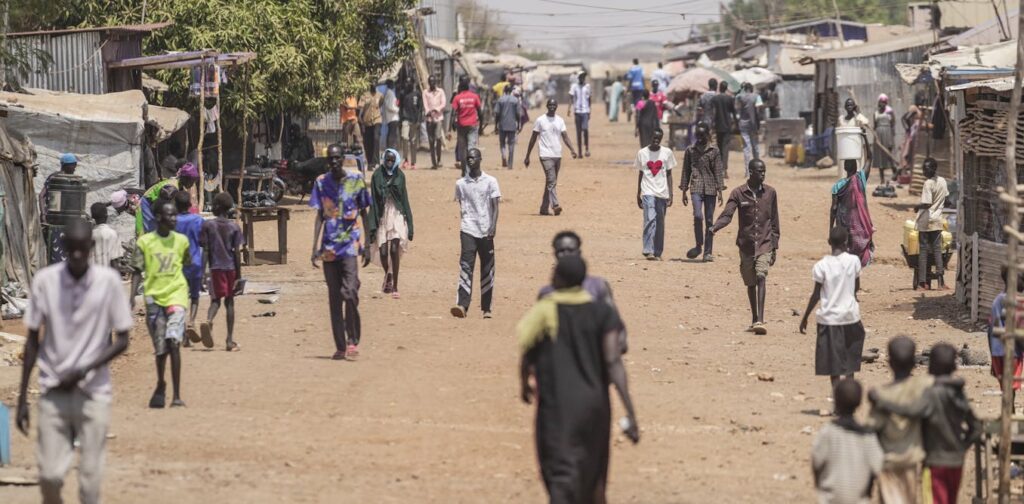
In a contentious decision, the U.S. Supreme Court has ruled that the Trump administration can proceed with the rapid deportation of immigrants to countries they are not originally from, despite a previous federal ruling blocking such actions. The decision, delivered on June 23, allows for deportations to so-called “third countries” such as South Sudan and Libya, without allowing immigrants the opportunity to contest their new destinations.
The ruling was made in a 6-3 vote, with the court’s liberal justices—Sonia Sotomayor, Elena Kagan, and Ketanji Brown Jackson—dissenting. Justice Sotomayor, in a 19-page dissent joined by her colleagues, criticized the decision, stating,
“Apparently, the Court finds the idea that thousands will suffer violence in far-flung locales more palatable than the remote possibility that a District Court exceeded its powers.”
Understanding the Legal Context
The Supreme Court’s decision follows a request from the Trump administration to allow the deportation of eight men convicted of crimes to South Sudan, only one of whom is originally from there. A federal judge in Massachusetts, Brian Murphy, had previously blocked these deportations, citing a violation of his April 2025 order which required that individuals be given time to contest deportations to potentially dangerous third countries.
Currently, the men are reportedly housed at a U.S. military base in Djibouti, awaiting further developments. Judge Murphy’s earlier ruling also barred the deportation of immigrants to Libya unless they are nationals of that country.
South Sudan: A Nation in Turmoil
South Sudan’s political instability raises significant concerns about the safety of deported individuals. Since gaining independence from Sudan in 2011, the country has been plagued by internal conflict. President Salva Kiir’s government has faced accusations of authoritarianism, particularly following the arrest of opposition leader Riek Machar in March 2025.
The ongoing conflict has displaced over 2.3 million South Sudanese people, with more than 130,000 internally displaced in 2025 alone. The humanitarian situation is dire, with 57% of the population not having enough food. The U.S. State Department has documented numerous human rights abuses, and non-emergency U.S. personnel have been ordered to leave the country.
Libya: A Hazardous Destination for Migrants
Libya, another country prioritized for deportations, remains unstable following the 2011 overthrow of Muammar Gadhafi. The country is divided between two rival governments, and armed militias exert significant control. Migrants in Libya face grave dangers, including human trafficking and detention in harsh conditions.
A 2023 U.N. report highlighted the severe risks migrants face, including enslavement and torture. Mass graves have been discovered, underscoring the perilous situation. Despite these conditions, the Trump administration is pursuing deportation agreements with Libya, potentially linked to U.S. energy interests in the region.
Implications and Future Directions
The Supreme Court’s decision sets a precedent for the expedited removal of immigrants to third countries, a policy not previously pursued outside of Latin America. The Trump administration is reportedly exploring additional countries for future deportations, as indicated by a memo from Secretary of State Marco Rubio suggesting an expansion of the travel ban list.
As the situation unfolds, the implications for U.S. immigration policy and international relations remain uncertain. The administration’s actions have drawn criticism from human rights advocates and raised questions about the ethical and legal ramifications of such deportations.
Moving forward, the debate over immigration policies and their impact on global human rights will likely intensify, with the Supreme Court’s ruling serving as a pivotal moment in this ongoing discourse.






